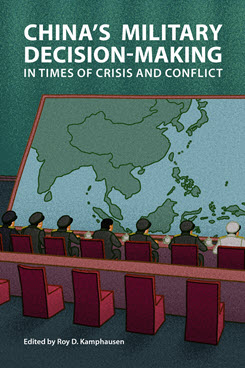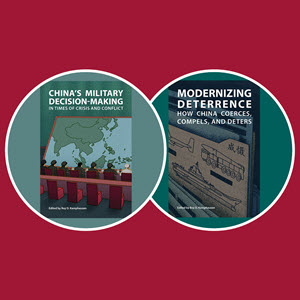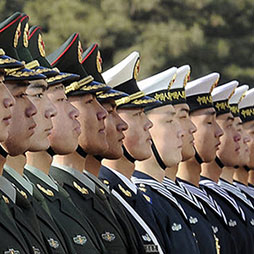PRC Crisis Response Behaviors at the End of Xi Jinping’s Second Term
This chapter examines a set of baseline institutional and cultural crisis-response behaviors exhibited by the People’s Republic of China (PRC) within the context of changes in how the Xi Jinping administration views the PRC’s relationship with the United States, the Asia-Pacific region, and the world.
EXECUTIVE SUMMARY
MAIN ARGUMENT
The Chinese Communist Party considers the political aspects of a crisis to be of central importance. Institutional structures and processes for responding to crises are designed to manage and shape their political ramifications. The Xi administration perceives an external security environment characterized by very broad and complex challenges, to which PRC leaders believe they must react in a proactive, shaping manner. The administration’s inverted foreign policy model is inherently less stable, and its emphasis on legal warfare in contested areas increases the risk of unintended confrontation and potential conflict. PRC leaders appear to believe that the previous, stable framework of the U.S.-PRC bilateral relationship may be losing—or may have already lost—its political viability.
POLICY IMPLICATIONS
- The Xi administration’s perceptions of the need to employ greater national power to proactively shape the PRC’s security environment will increase the likelihood of crisis eventuation and exacerbate crisis resolution.
- Shifts in the U.S.-PRC bilateral relationship may have reduced the confidence of PRC leaders that a future military-crisis trigger event could be managed within a stable, bilateral relationship framework.
- PRC leaders may perceive that they are entering a transition period during which the previous relationship framework with the U.S. has lost political viability. They may perceive this transition as a longer-term period of strategic crisis that calls for greater emphasis on shaping behaviors rather than stabilizing behaviors.
Drew T. Holliday is a Senior Advisor in the U.S. Defense Attaché Office at the U.S. Embassy Beijing, People’s Republic of China.
The views expressed here are those of the author only and do not reflect the policy or position of the U.S. Department of Defense or the U.S. government.



 Assessing U.S.-China Deterrence Dynamics and Crisis Management
Assessing U.S.-China Deterrence Dynamics and Crisis Management
